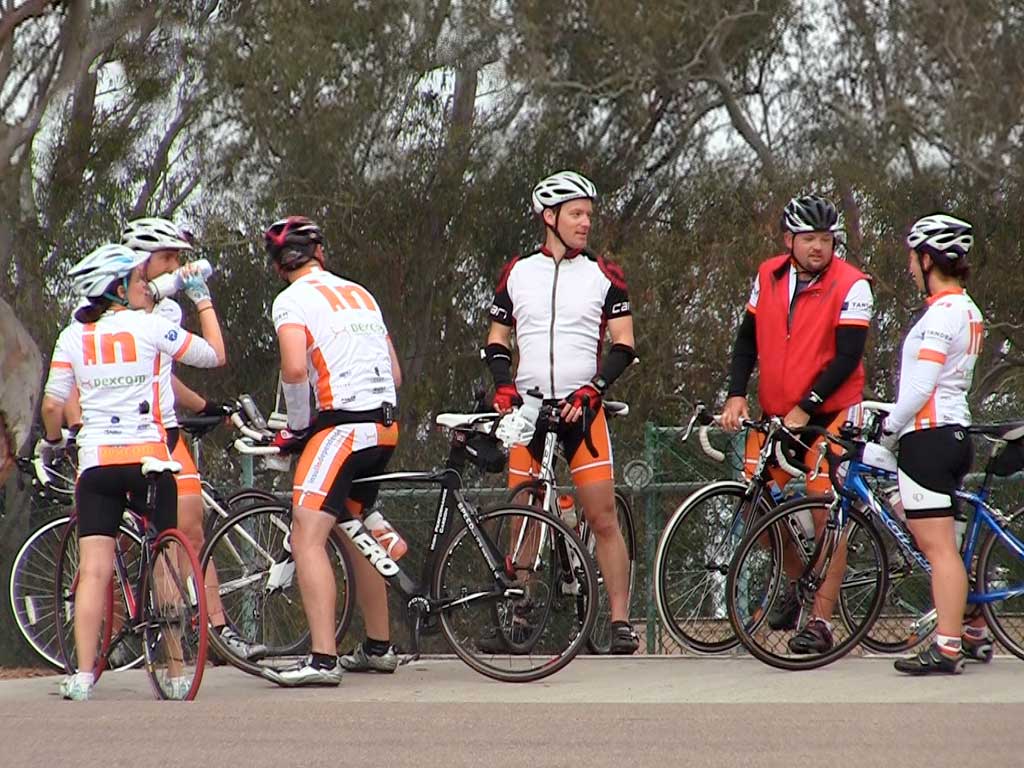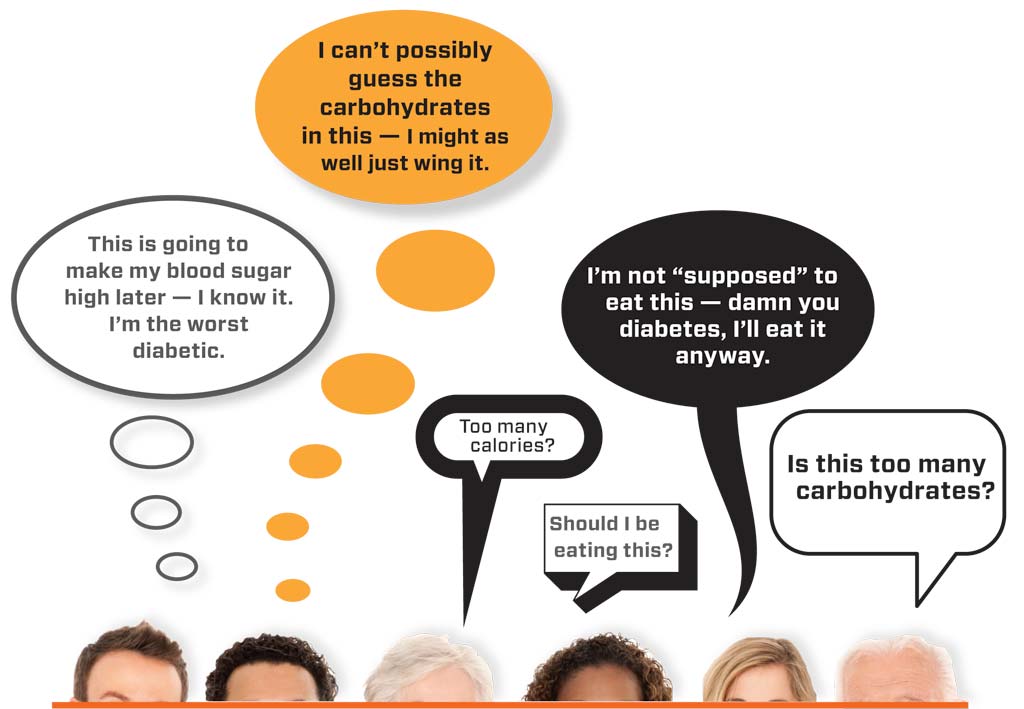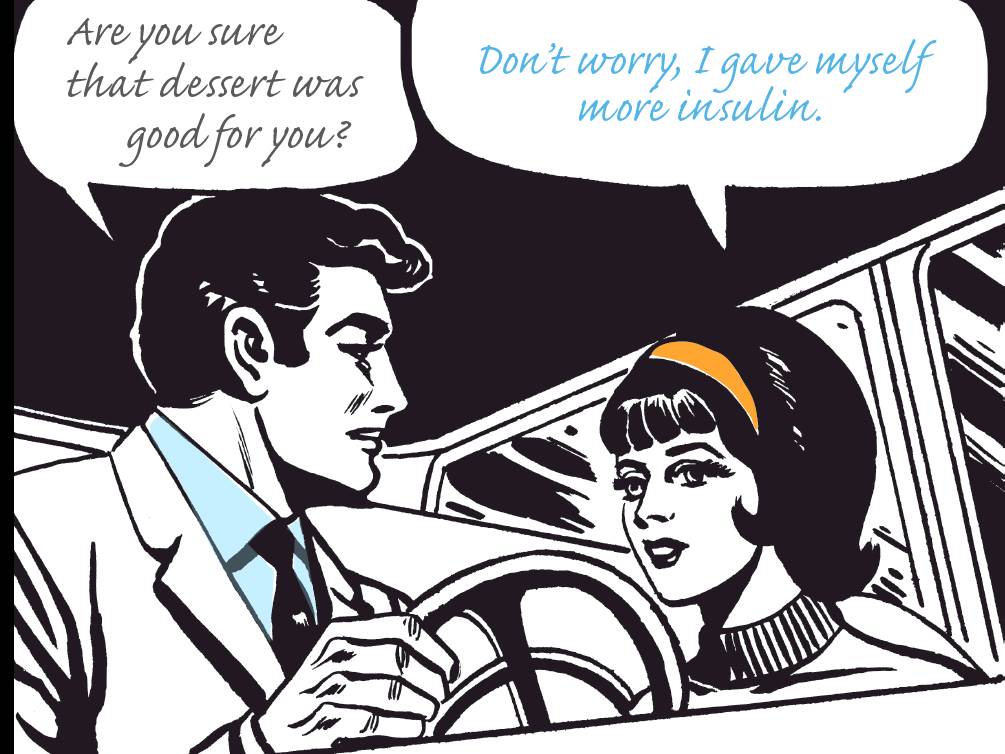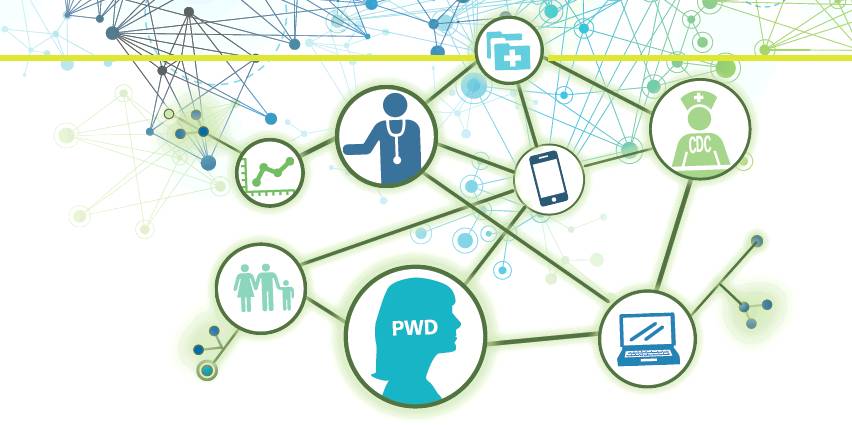7 Stories of Diabetes and Workplace Law

It has been a long and winding road to establish in U.S. law that diabetes is a “disability” that requires reasonable accommodations in the workplace. We’ve examined the important cases that helped to either establish this legal concept or clarify the protection the law provides.
1. First, we looked at the case of Rudy Rodriguez, a materials handler at a Texas plant operated by a national agricultural company. Mr. Rodriguez, who appeared fit to carry out the essential functions of his physically-demanding job was nevertheless determined by a company physician to have “uncontrolled” Type 2 diabetes based on an elevated urine glucose reading during a pre-employment physical. A legal battle ensued over whether or not that reading should be used to determine fitness for a position
2. It took a long time for Congress to make clear that a job applicant’s or employee’s diabetes triggered an employer’s obligation to accommodate. A string of federal trial and appellate court cases, called the sick but not sick enough cases, explored whether a diabetes-related condition should be considered in its untreated state or its treated state before giving rise to protected legal status.
3. Supreme Court Justice Sandra Day O’Connor signaled to Congress in a ruling that existing law left people with medically manageable conditions in limbo. This helped stimulate an advocacy effort by the American Diabetes Association and others to improve the 1990 Americans With Disabilities Act and the Equal Employment Opportunity Commission’s enforcement practices.
4. We took a look at other federal laws which protect older Americans from workplace discrimination, and prohibit exclusion of persons with disabilities from full participation in the workplace.
5. We’ve developed a primer for people with diabetes on how to prepare for an employment-related medical screening.
6. We also covered the case of a fire department paramedic who ran up against a bias.
7. On a positive note, we profiled three Arizona police officers who have turned their diabetes into a community service asset.
Thanks for reading this Insulin Nation article. Want more Type 1 news? Subscribe here.
Have Type 2 diabetes or know someone who does? Try Type2Nation.







